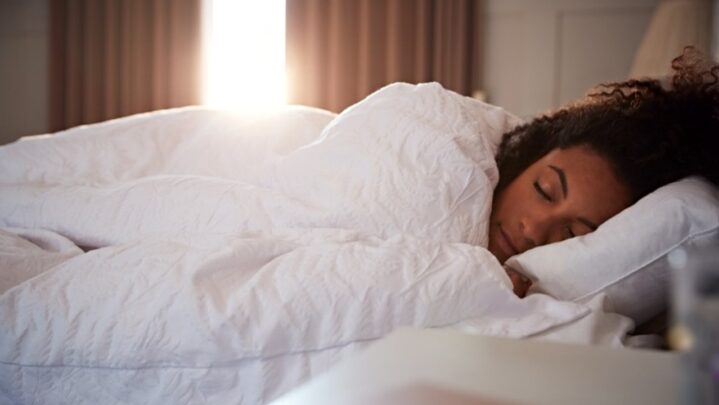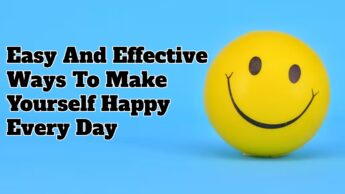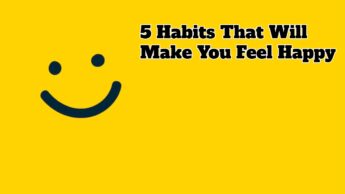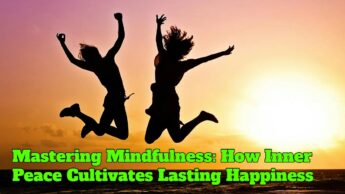Sadness, despair, and hopelessness can be healthy responses to life’s difficulties. These emotions usually occur in waves, are linked to thoughts or reminders of difficult circumstances, last for a short time, and do not interfere with education, job, or relationships.
These emotions have a distinct pattern in depression. If they endure more than two weeks, which are felt almost every day, and last for most of the day, they could be associated with a spectrum of mood disorders called depressive disorders or clinical depression.
If you’ve been diagnosed with depression, you may find it difficult to fall or remain asleep. That’s because there is a clear correlation between sleep deprivation and depression. Depression and sleep have a complex relationship.
Signs of depression can interfere with sleep, while symptoms of sleep disorders such as sleep apnea or insomnia can contribute to depression. People who suffer from depression may have trouble falling asleep and staying asleep at night. They may also be drowsy throughout the day or sleep excessively at night.
One of the most prevalent symptoms of depression is sleep disturbance. Sleep disturbances affect up to 70% of those suffering from depression, as per health line reports.
Depression can affect one’s sleep either through insomnia or hypersomnia. Insomnia is a sleep condition when it’s tough to fall asleep or stay asleep for long amounts of time. Hypersomnia, which is also referred to as excessive daytime sleepiness (EDS), causes you to feel drowsy all day, even if you’ve received enough sleep.
Keep reading successyeti.com
Also Read: 3 Signs You Are Not Depressed But Are Surrounded By Fools





